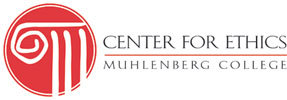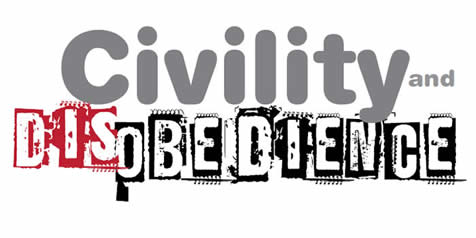

Thoreau wrote, “Law never made men a whit more just; and, by means of their respect for it, even the well-disposed are daily made the agents of injustice.” Societies and organizations depend on compliance and obedience in order to function. Markets suffer if rules are not followed, and societies do not thrive in a state of chaos. But governments and organizations can be morally corrupt; the United States once allowed people to be enslaved, and the tobacco industry deliberately withheld the risks of their potentially lethal product. Under these circumstances, obedience becomes complicity and disobedience becomes the ethical course of action. Thus groups of people and individual whistle-blowers are often called to acts of disobedience and subversion by injustice they observe or experience. Martin Luther’s reformation, the American Civil Rights Movement, environmental activism, military draft-resistance, WikiLeaks, Occupy Wall Street, the African National Congress, Gandhi’s Indian independence movement, the Chiapas Rebellion, and the Arab Spring all represent significant rebellions against dominant authorities. The targets of dissent are not limited to governments, but also include economic, educational, religious, and social institutions that expect adherence to ideologies. In some cases, individuals and organizations engaged in disobedience may themselves engage in morally questionable activities. When is it ethical to rebel against authority? When do moral causes become more important than the rule of law or compliance with norms? What is the role of dissent in healthy democracies? Should protest always be peaceful or is violence sometimes the right thing to do? When is “working within the system” the best thing to do?
The 2014-2015 academic year Center for Ethics program will focus on the theme of Civility and Disobedience, under the direction ofBrian Mello, Associate Professor of Political Science, and Christine Sistare, Professor of Philosophy.
![]() Stay up to date with Center For Ethics events through our Facebook page.
Stay up to date with Center For Ethics events through our Facebook page.
Bruce Wightman
- Director of the Center for Ethics
Professor of Biology
2400 Chew Street
Allentown, PA 18104
(ph) 484-664-3254
[email protected]
Muhlenberg College gratefully acknowledges
the Christian A. Johnson Endeavor Foundation's support
of the Center for Ethics.
